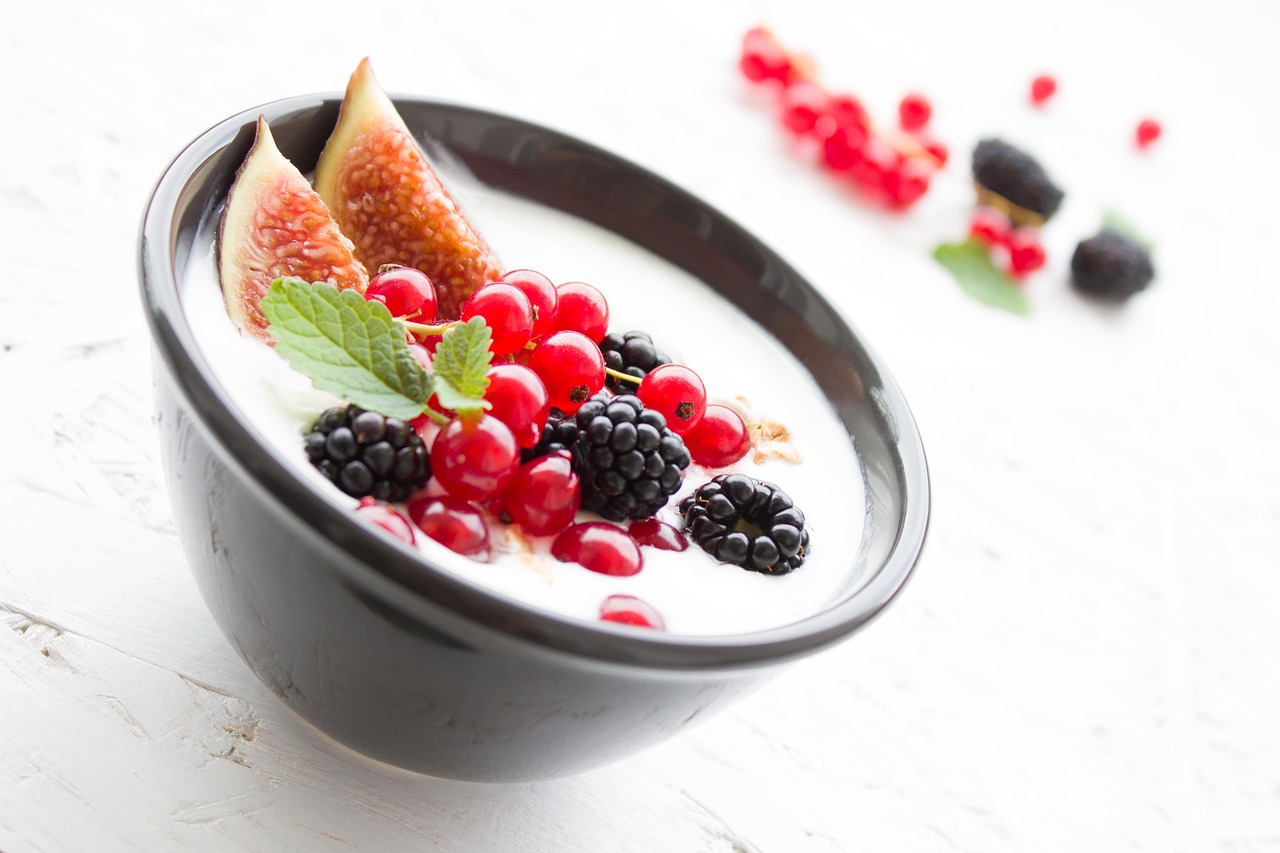Low-Calorie

Low-calorie is a term used to describe foods or drinks that contain a relatively low amount of calories. It is commonly associated with weight loss and management, as consuming fewer calories than you burn can lead to a calorie deficit, which in turn may result in weight loss.
What does it mean?
The term low-calorie doesn't have a specific definition in terms of how many calories it denotes. However, it usually implies that a food or drink contains fewer calories than similar products in its category. For instance, a low-calorie food might have 40 to 100 calories per serving, whereas a regular version of the same product might have 200 to 500 calories.
What are some examples of low-calorie foods?
Some examples of low-calorie foods include:
- Vegetables such as broccoli, cauliflower, lettuce, and asparagus.
- Fruits such as watermelon, strawberries, and oranges.
- Lean protein sources such as chicken breast, turkey breast, and egg whites.
- Whole grains such as brown rice, quinoa, and whole wheat pasta.
- Low-fat dairy products such as skim milk, plain Greek yogurt, and cottage cheese.
What are some synonyms and antonyms for low-calorie?
Synonyms: low-energy, low-fat, low-sugar, light.
Antonyms: high-calorie, high-fat, high-sugar, dense.
What are some related terms for low-calorie?
Calorie deficit, calorie restriction, energy balance, macronutrients, nutrition.

Madeleine Smith
Content Lead at MyProgressPics.com
Madeleine is passionate about empowering individuals with the information and tools they need to transform their bodies and lives.